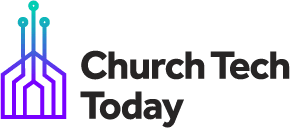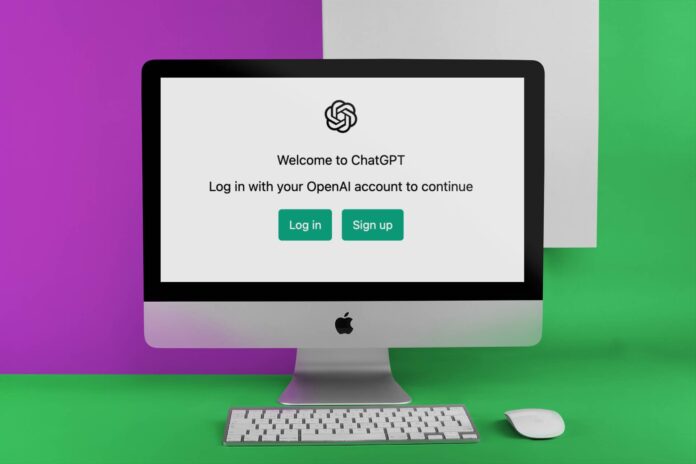What is ChatGPT?
ChatGPT is a chatbot created by OpenAI, a company specializing in artificial intelligence. It's like having a conversation with a computer. ChatGPT can understand natural language and respond to questions and comments. It's like having your own personal assistant who can answer questions or even have conversations with you. You don't need to be technical to use it – just type in what you want to say, and ChatGPT will give you an answer or follow your commands to do stuff for you!
The Nerdy Explanation of ChatGPT
ChatGPT is an advanced AI chatbot trained by OpenAI that interacts conversationally. It is built on top of OpenAI's GPT-3 family of large language models and is fine-tuned with both natural language processing and natural language understanding. The tool, from a power player in artificial intelligence called OpenAI, lets you type natural-language prompts and offers conversational, personalized responses.
Recently, with ChatGPT making the rounds on social media, FB groups, and headlines, I wanted to discuss the pros and cons of using ChatGPT for pastors. We will look at how it can help pastors engage with their congregation, as well as potential ethical issues that could arise from its use.
What does the process of using ChatGPT AI copywriting tools look like?
The process of using ChatGPT AI copywriting tools is relatively straightforward.
- First, the user inputs a prompt or question into the chatbot.
- Then, the chatbot will generate an answer based on its artificial intelligence algorithms.
- Finally, the user can review the generated text to ensure it meets their needs.
- Or the user can submit a conversational prompt to give feedback, redirect the AI, or continue on building on what was generated.
ChatGPT utilizes reinforcement learning with human feedback (RLHF) to create content according to pre-programmed desired behaviors. This process works by having users provide input via a prompt or question, which is then processed using AI algorithms, generating an answer based on the RLHF data.
Furthermore, ChatGPT allows for continued conversation regarding the content generated to further the research or language optimization to help fit the needs of each user. The back-and-forth conversational prompting can help shape the content so that it fits the intended objectives of the messaging, vs finding close, but not perfect fit content on a webpage found in search results. This way, pastors are able to efficiently create high-quality content quickly without sacrificing quality.
What Can A Church Produce Using ChatGPT?
Pastors can use ChatGPT to help produce a variety of content projects. From sermon prep and devotionals to Bible study curriculum, ChatGPT can help pastors create engaging content for their church members.
Here are 7 specific examples of content projects that a pastor can use ChatGPT to help produce:
- Sermon Prep
- Devotionals
- Bible Study Curriculum With Suggested Actionable Next Steps
- Social Media Post Content
- Help With Improving Staff Evaluations With Constructive Feedback Suggestions
- Lists of Bible Verses or Passages Related To Felt Need Topics
- Summarize A Sermon To Produce A Discussion Guide With Questions
Pros of Using ChatGPT for Pastors
Increased Engagement:
By using ChatGPT, pastors can create more engaging conversations online with their congregation. One challenge many pastors have is to write for the genre of social media and online platforms. This could lead to more personal conversations offline, resulting in better relationships and deeper connections.
Personalized Responses:
With ChatGPT, pastors can gain new perspectives on how to approach personalized responses to questions from their congregation members. Ideation is an excellent benefit of utilizing ChatGPT. This could help pastors better understand the needs of their congregation and provide more tailored advice or guidance.
Time Savings:
Using ChatGTP for brainstorming, helping to generate structured outlines, cleaning up grammar and language to make it more impactful, etc allows pastors to save time when working on various writing activities like sermon preparation or devotional or bible study materials preparation.
Cons of Using ChatGPT for Pastors
Ethical Issues:
There are potential ethical issues that could arise from using an AI chatbot like ChatGPT for pastoral work. For example, some people may feel uncomfortable talking to a machine instead of a real person when seeking spiritual guidance or advice from a pastor. If the content is not carefully reviewed and edited, any prescriptions or advice might not be theologically sound or appropriate for the actual context needed.
Lack of Human Connection:
While using an AI chatbot like ChatGPT may be convenient for pastors, it does not replace the human connection that comes with having a real conversation with someone face-to-face or over the phone/video call. Over-reliance on using AI technology for communications can erode the pastor's ability and attention to the actual pastoral care work that is intended in any given exchange.
Security Concerns:
There are also security concerns associated with using an AI chatbot like ChatGPT due to its reliance on data collection and analysis techniques which could potentially be used maliciously by hackers or other malicious actors if not properly secured against such threats. Technically AI inputs for various language model interfaces like ChatGPT can collect the data for learning and improvement of the technology offering. Any sensitive content may be exposed or shared in ways that the pastor or the other people receiving the messaging produced with the AI chatbot didn't intend. There are many implications regarding privacy issues that could be involved when the AI platform stores and uses the sensitive information shared.
How Can You Ensure You Aren't Too Reliant On ChatGPT?
Pastors should be aware of the potential for using ChatGPT as a crutch for their ministry work. Here are three practical steps pastors can take to ensure that they are not relying too heavily on AI technology:
- Make sure to keep up with the latest developments in AI technology, so that you have a good understanding of what is available and how it could be used in your ministry.
- Take time to develop your own ideas and resources, rather than relying solely on ChatGPT or other AI technologies. This will help you stay creative and engaged with your congregation.
- Spend time talking with members of your congregation about their thoughts and feelings regarding the use of AI technology in ministry work, as this will help you understand how they feel about it and ensure that you are taking their views into account when making decisions about its use.
Alternatives to ChatGPT
ChatGPT is the AI-powered writing tool that has dominated headlines since November 2022. However, there are many other alternatives available that offer similar features. You'll want to explore these especially since ChatGPT's free service gets overloaded a lot, and you'll look for ways to bypass the ChatGPT lockout message.
Here are 5 of the best ChatGPT alternatives to consider in 2023:
- Jasper Chat – Trained on data up to 2021 and powered by GPT 3.5 platform, this AI-powered chatbot is developed by OpenAI and offers a free starter pack with 10,000 words.
- Perplexity – Developed by Perplexity, this AI-powered chatbot offers natural language processing capabilities as well as advanced analytics tools that can help you better understand customer behavior and preferences.
- ChatSonic – A great alternative to ChatGPT, this tool has less performance but is still a great choice for your business needs.
- Microsoft Bing – Another popular choice when it comes to chatbots, Microsoft Bing offers a lot of features that make it an attractive option for businesses looking for an alternative to JasperChat.
- LaMDA (Language Model for Dialog Applications) – This AI-based platform is designed to help you create conversations with your customers quickly and easily. It uses natural language understanding (NLU) technology to understand customer questions and provide accurate answers in real time. Google Bard – which uses LaMDA is being developed by Google and will be launched sometime this year.
Final Thoughts
In conclusion, while there are plenty of potential benefits to using an AI chatbot like ChatGTP for pastoral work, such as increased engagement and time savings, there are also potential ethical issues and security concerns that should be considered before implementing it in any church setting. Ultimately it is up to each individual pastor to decide whether they believe using an AI chatbot like ChatGTP would be beneficial for their ministry or not. Like so many other technology innovations, if used in thoughtful ways, it can be a great resource to support the work of the church leader for a more impactful ministry.
Related Links:
- https://openai.com/blog/chatgpt/
- https://en.wikipedia.org/wiki/ChatGPT
- https://churchtechtoday.com/3-ai-prompts-for-chatgpt-or-jasperai-to-produce-ministry-content/
- https://churchtechtoday.com/how-to-bypass-the-chatgpt-too-busy-lockout-message/
- https://www.cnet.com/tech/computing/why-the-chatgpt-ai-chatbot-is-blowing-everyones-mind/
- https://churchtechtoday.com/jasper – 10,000 Word Test Account





Logos should use AI